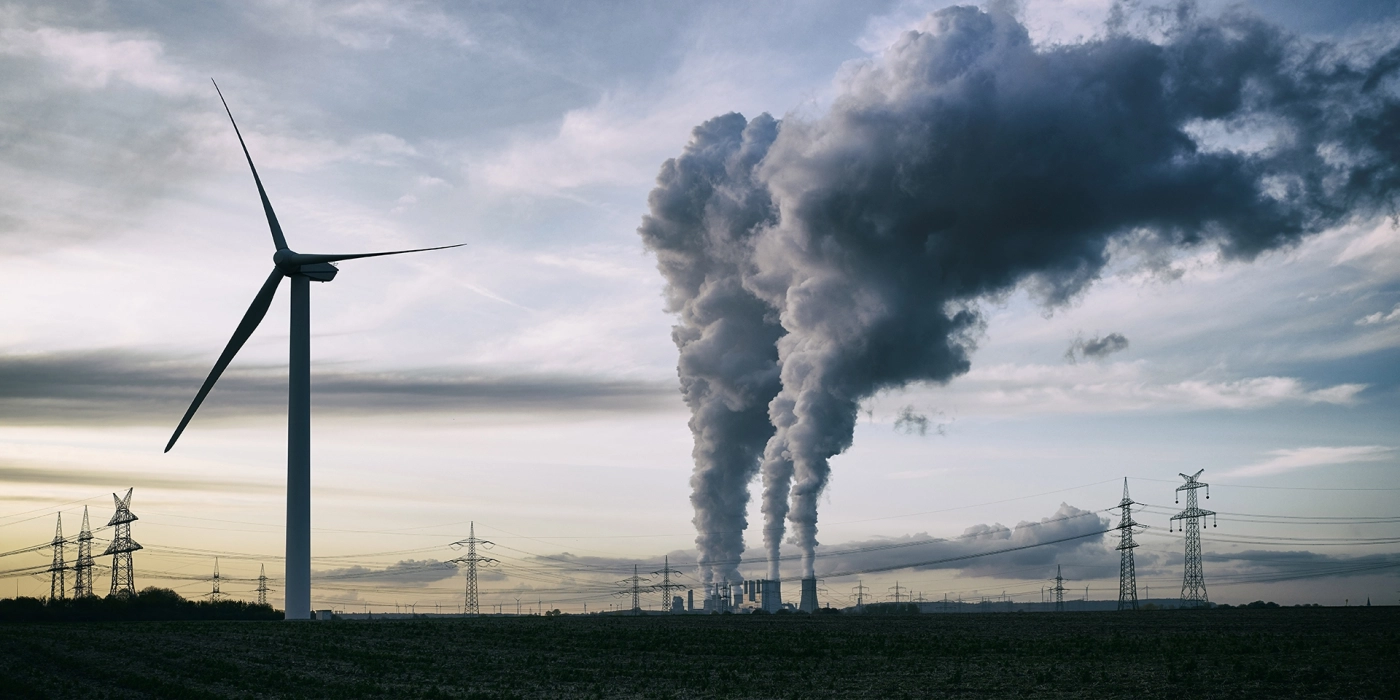The COP27 climate summit in Sharm El-Sheikh delivered agreement to create a loss and damages fund to tackle the effects of climate change on developing countries but it also highlighted the limits of multilateralism as countries vetoed efforts to bring forward targets on limiting global warming.
Decision taken by consensus mean nearly 200 countries need to agree in order to get key proposals over the line. The final COP27 statement didn’t include a commitment to broaden the COP26 pledge to phase down unabated coal emissions to cover all fossil fuels, and there was no reference to global greenhouse gas emissions peaking by 2025, which would have been an ambitious advance on the 2030 target.
But the decision to establish a dedicated fund, to assist developing countries in responding to loss and damage represents a key moment for countries at the sharp end of climate change, who fought hard for the proposal to make it onto the agenda, having been avoided in all previous COP meetings.
It was billed as the implementation COP but the starting point was challenging, with attention elsewhere. The change in leadership in Brazil was seen as crucial for rainforest protection, and in the first week, eyes were on the US Midterms to see the direction of travel from the US, following the delivery of the Inflation Reduction Act including key climate measures.
The deeper backdrop was however energy security concerns stemming from the Russian invasion of Ukraine. Energy security creates an interesting dynamic, with a short term impact of increased attention on fossil fuels, but also the medium term recognition that domestic renewable energy itself creates energy security.
As an Africa COP, more weight has been given to the African positions, and with only 4% of current global emissions coming from the continent, Africa is the least responsible for the global climate crisis yet it stands to take the biggest economic hit from the consequence of climate change like rising sea levels, drought and flooding.
The ‘loss and damage’ issue has climate justice at its heart - the notion that developed countries have used fossil fuels to become wealthy while inflicting climate change on vulnerable nations. The issue is contentious as developed countries are wary of being exposed to open-ended reparations payments and it’s notable that details including who needs to pay and how much will still need to be ironed out at COP28 and beyond. Henry Kokofu, Ghanaian politician and head of the Climate Vulnerable Forum, warned that without further concrete steps there is a risk of simply creating “an empty bank account.”
Antonio Guterres, Secretary General of the UN summarised it well when he said that “A fund for loss and damage is essential – but it’s not an answer if the climate crisis washes a small island state off the map – or turns an entire African country to desert. We need to drastically reduce emissions now – and this is an issue this COP did not address.” He reaffirmed the need to massively invest in renewables to have any hope of keeping 1.5C alive.
The most notable progress on climate mitigation was on the topic of methane, which decays over time, but in its early years it's around 80 times more potent short term than carbon; a ton of methane emissions contributes 80 tons of CO2e (CO2 equivalent). Work has taken place through 2022 to prioritise this greenhouse gas, with the target set to reduce methane by 30% globally by 2030. Importantly too, Biden announced a US “Methane Reduction Act”, and China also announced it has plans to reduce the potent gas.
At COP26, a landmark deal was struck to support South Africa’s dependency on coal, with $8.5bn of funding. Here, a new Indonesia Just Energy Transition Partnership was announced at the G20 Summit held in parallel with COP27, and co-led by the US and Japan governments to mobilize $20 billion over the next three to five years to accelerate a just energy transition, structured as a 50:50 public / private funding arrangement.
The issue of funding the energy transition was also notable and COP27 saw a change in tone, shifting from the heavy promotion of the GFANZ (Glasgow Financial Alliance for Net Zero) at COP26, with a statement that $130 trillion of private capital is committed to net zero. At COP27 the messaging was that “banks will voluntarily play their part, but cannot do it alone.”
This tone change recognises the importance of multiple stakeholder contributions to the overall objectives, reducing the attention on any one set of actors. It also reflects the sensitivities to greenwashing, and the criticality of not overstating positions, with litigation concerns growing in this area.
The Net Zero Banking Alliance noted: "Under the leadership of GFANZ, a ‘coalition of the willing’ has been created in the financial sector. However, the transition of the global economy cannot be achieved by this coalition alone."
Listen to our latest podcast:





